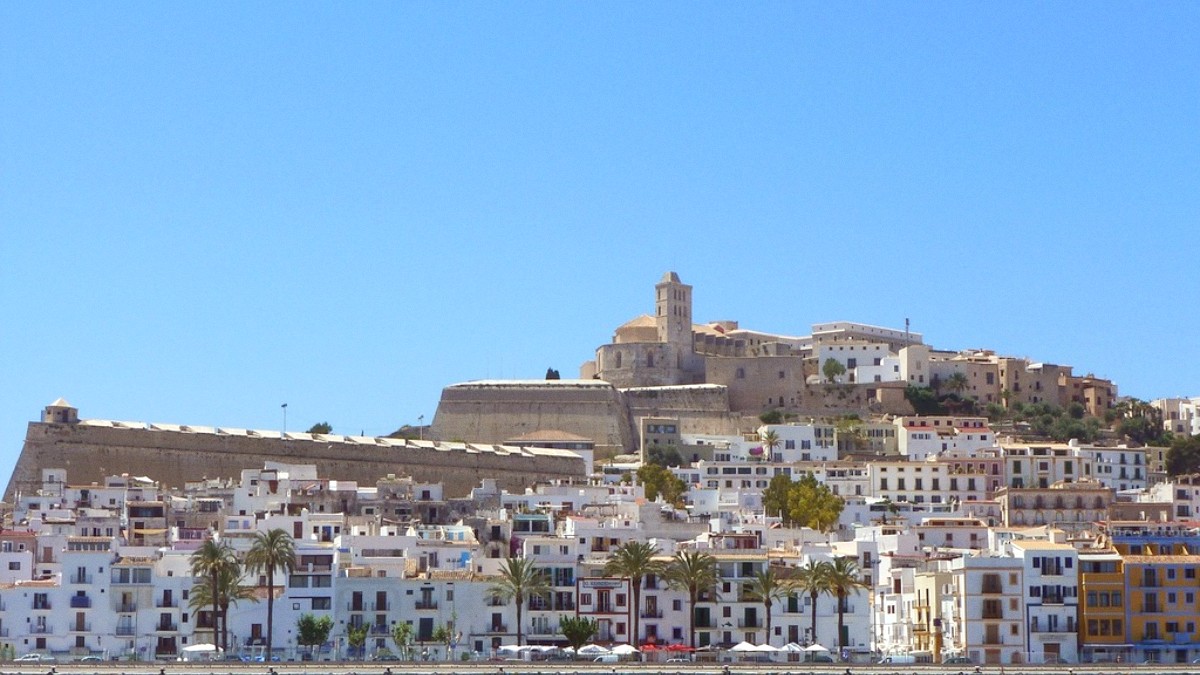
Spain
The main public transport system on Ibiza forms its bus network, operated by various companies under the umbrella of the TIB (Transport de les Illes Balears) and the Consell d'Eivissa. Metro or tram systems are absent on the island.
The buses link all major towns, popular beaches, and attractions, rendering it a convenient option for tourists.
Detailed route maps and timetables appear available at major bus stops, the main bus station, and online (Consell d'Eivissa or TIB website).
Fares vary based on distance, typically €1.50 (short trips) to €4 (longer routes). Multi-journey cards (Targeta Intermodal) hold greater utility for residents.
Newer buses generally demonstrate wheelchair accessibility. Accessibility may vary with older buses. Research routes in advance for specific needs.
€1.50
€2.50
€4
€3-€4
Taxis present a convenient and direct travel method, especially for shorter distances or when public transport appears less convenient.
€8-€15
€20-€25
Airport/port pickup, night service, public holidays, large luggage.
Renting a car or scooter presents the most flexibility for exploring the island beyond Ibiza Town.
Drive on the right. Seatbelts are mandatory. Helmets become necessary for scooter riders. Drunk driving laws are strict.
Speed limits enforced: 30-50 km/h (urban), 90 km/h (rural), 120 km/h (motorways).
Roads generally maintain good condition. Main roads link major towns. Smaller rural roads may appear narrow, winding, and sometimes unpaved.
Exercise caution on less developed roads.
Parking in Ibiza Town may prove very difficult and expensive, especially in Dalt Vila and the port. Look for designated zones or garages.
Blue zones (paid), White zones (free, rare). Underground garages assist in avoiding fines.
For optimal exploration and flexibility on the island, especially beyond Ibiza Town's main areas, renting a car or scooter remains a highly recommended option.
Book rentals in advance during peak season to secure the best rates and availability.